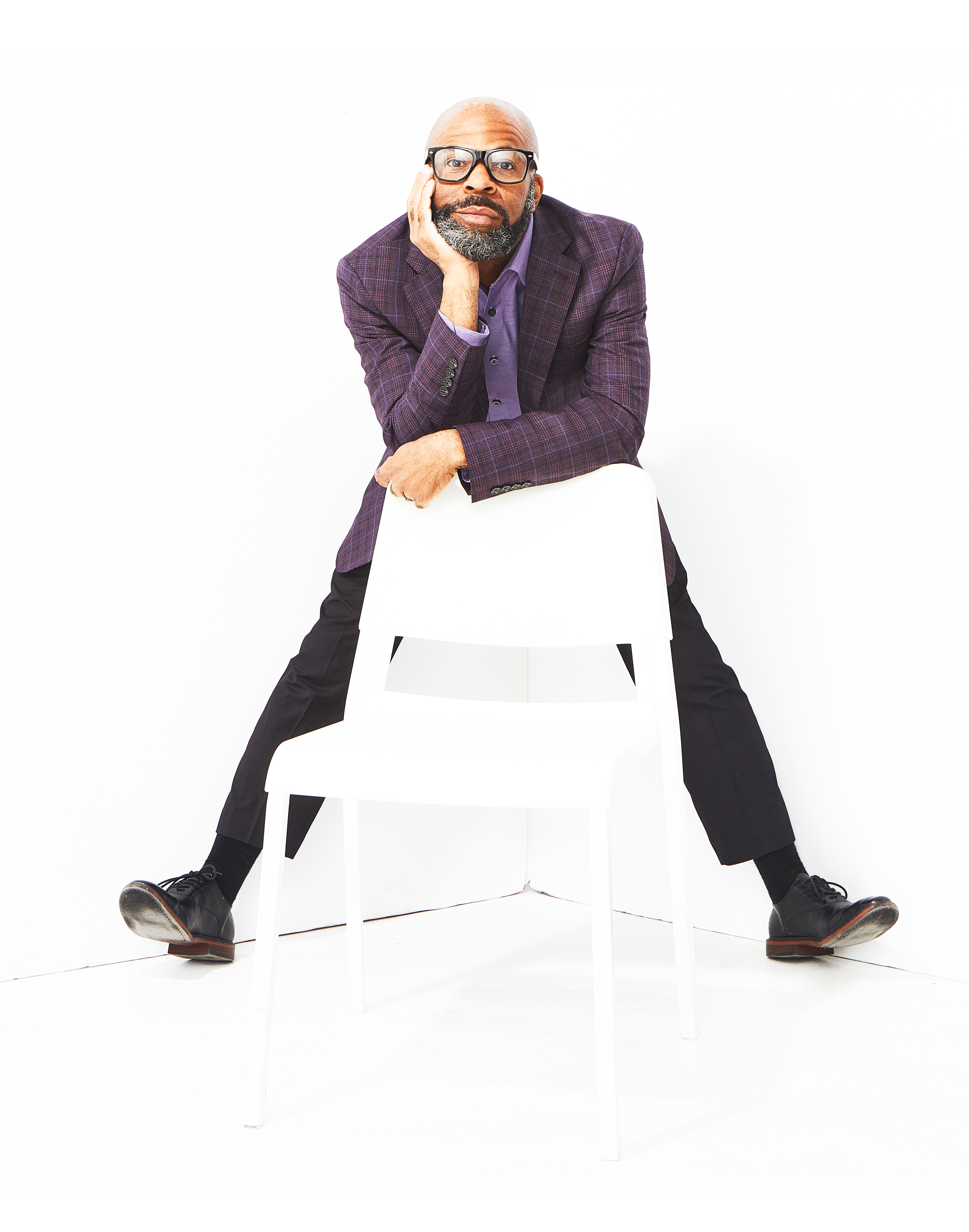Many likely know Danny Elfman's name from movie credits, as he's scored well over 110 films at this point. But some of us remember his '80s and '90s group, Oingo Boingo, along with their frenetic energy and twisted songs. Danny and I have an oddly intertwined history involving...

Interviews
Blak Emoji’s Future R&B
By Jeremiah Cumberbatch and Larry Crane
Blak Emoji is the project/band of producer, songwriter, and multi-instrumentalist Kelsey Warren. His recently released third album, Eclectro, is a fun and inventive listen, so I dropped him a line and we got down to chatting about how it was made.








